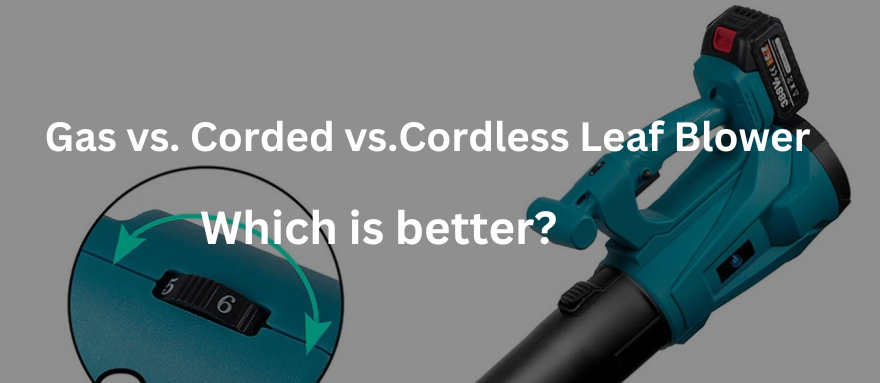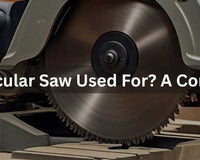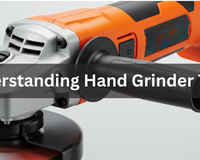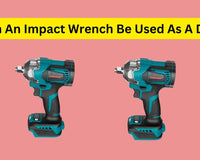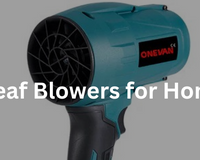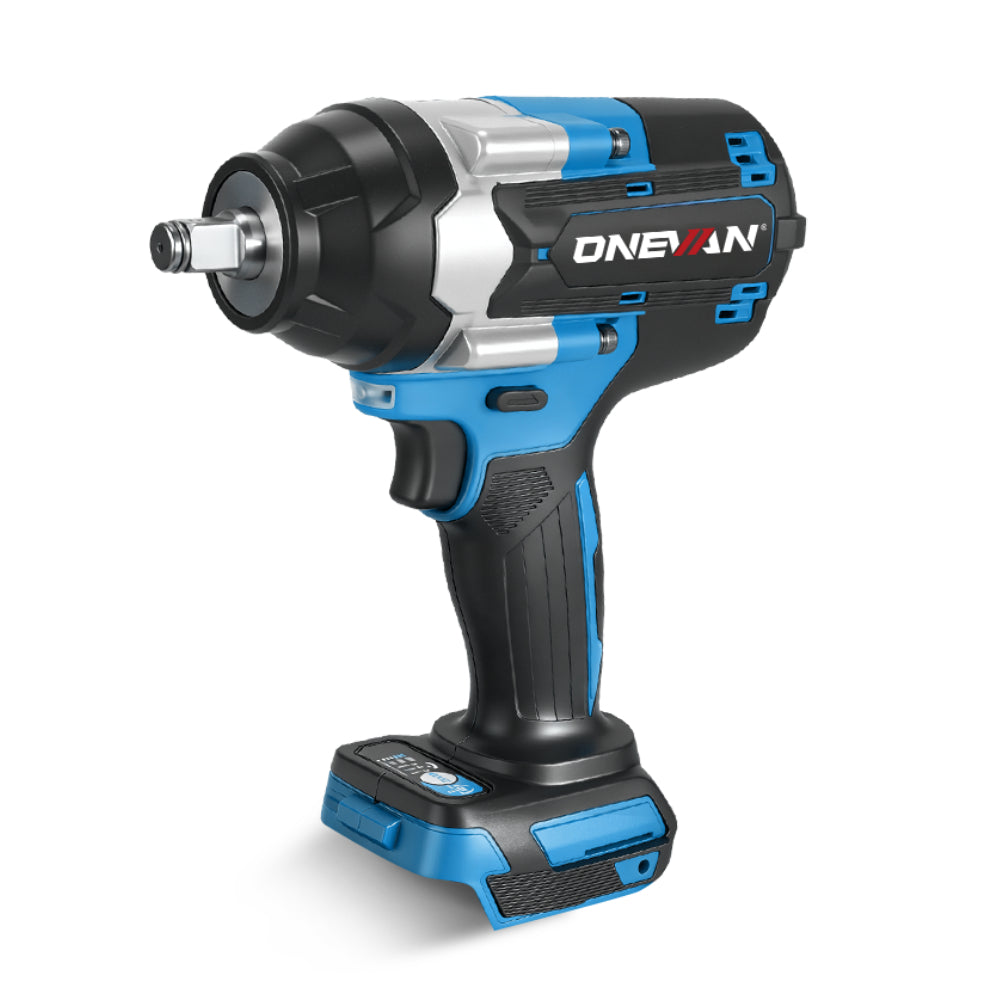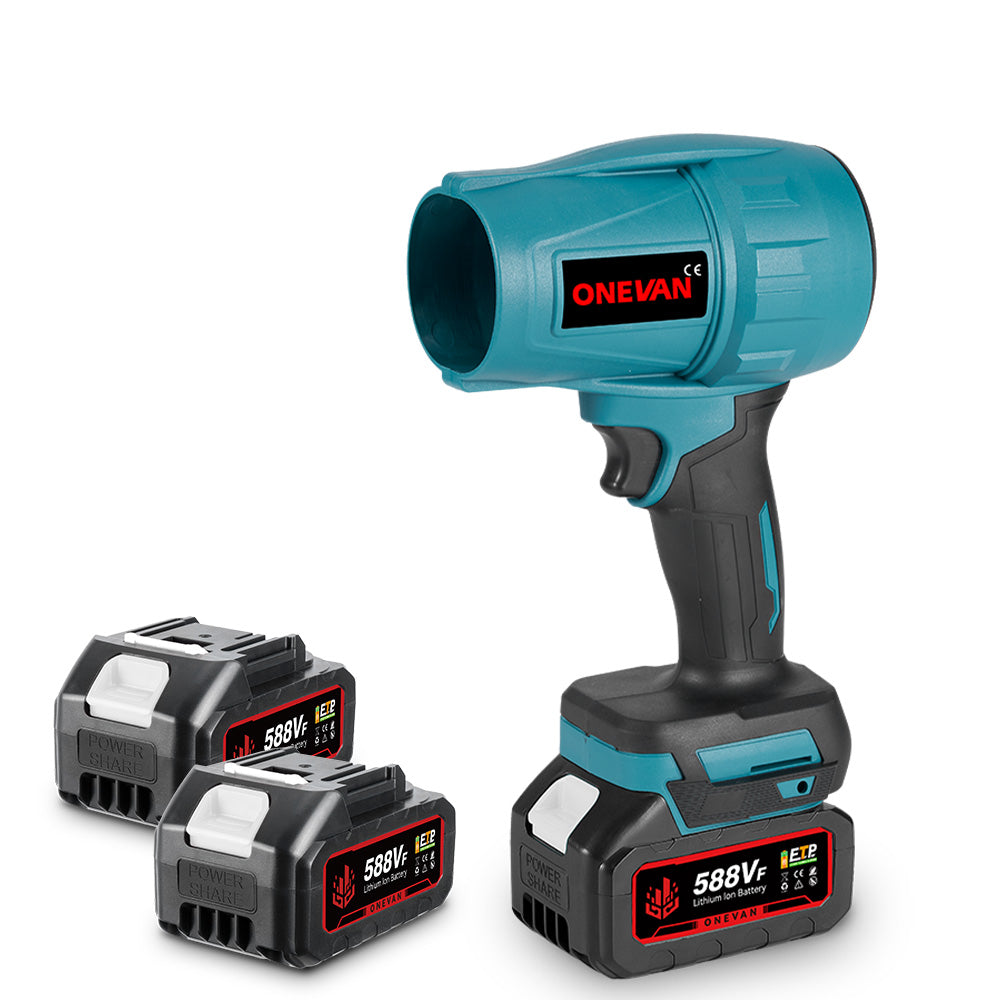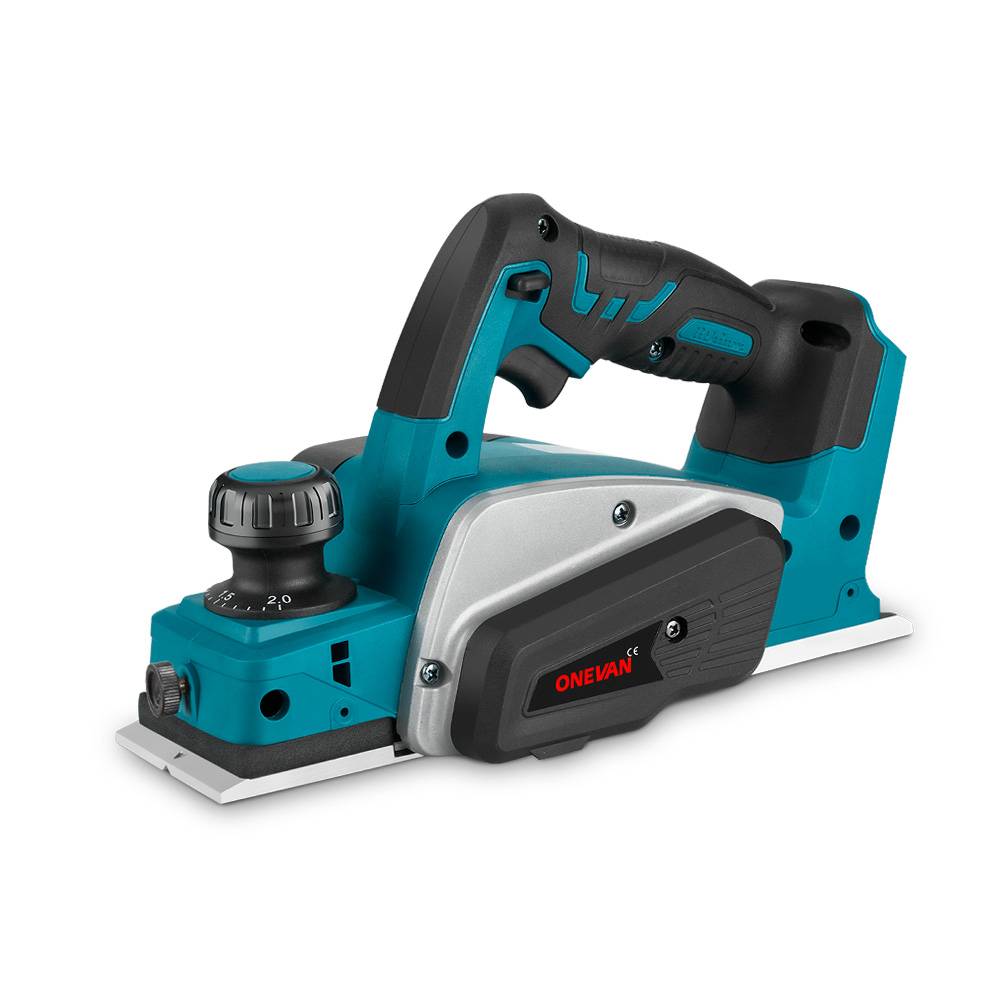Gas, corded, and cordless leaf blowers are all used to remove leaves, debris, and grass cutting left over. However, each leaf blower has some advantages and disadvantages. For example, gas-powered leaf blowers are powerful, but they produce significant noise and require regular maintenance. Corded leaf blowers are quieter and require less maintenance, but its cord limits their movement. Battery-powered blowers provide freedom of movement, and you can take them anywhere without worrying about maintenance issues. However, for more prolonged use, you need to carry an extra battery with you.
What will you learn from this article?
Key Takeaways:
- Types of Leaf Blowers
- Factors to Consider When Choosing a Leaf Blower
- Case Studies : Which is Right Blower for Your Needs
1. How to Choose the Right Type of Leaf Blower
There are multiple factors that play a crucial role in choosing a good leaf blower. For example, consider the type of area you're working in and the kind of debris you need to clear. Do you need power cleaning or the convenience of incorporating a leaf blower anywhere in your yard? To make the decision easier, consider the convenience, power, and weight of the leaf blower based on your specific needs. Below, you will read three types of leaf blowers, including their pros and cons and applications.

1.1 Gas Leaf Blowers
What are Gas Leaf Blowers? Gas leaf blowers are high-performance tools that utilize gasoline engines to generate strong airflow. They use gasoline engines to create strong airflow. They are used for quickly clearing large amounts of debris in yards and gardens.
Good for:
- Big yards with lots of trees and shrubs
- Clearing heavy stuff like wet leaves and small branches
Not so good for:
- People who want a quiet blower
- People who don't want to deal with gas and maintenance
1.2 Corded Leaf Blowers
What are Corded Leaf Blowers? Corded leaf blowers plug into an electrical outlet. They are quiet and offer constant power. Their cords limit their working, so they're best for small yards.
Good for:
- Smaller yards and gardens
- People who want a quiet blower
- People who don't want to mess with gas or batteries
Not so good for:
- Big yards because the cord can be a pain
- Clearing really tough stuff
1.3 Cordless Leaf Blowers
What are Cordless Leaf Blowers? Cordless leaf blowers use rechargeable lithium-ion batteries, which provide quiet operation and portability. Battery life limits their use time but they are eco-friendly since battery-operated blowers do not emit harmful gases. However, they are lightweight and easy to handle. Battery blowers are great for small yards and quick cleanups.
Good for:
- Small to medium-sized yards
- People who want a blower they can move around easily
- People who want a quiet blower
Not so good for:
- Big yards because the battery might die
- Clearing really tough stuff, especially for a long time
1.4 CFM and MPH Comparison Leaf Blowers
|
Leaf Blower Type |
CFM Range |
MPH Range |
Weight Range |
Battery Voltage (Cordless) |
Engine Size (Gas) |
|
Cordless |
250-350 |
100-120 |
5-10 lbs |
20-40V |
N/A |
|
Corded Electric |
300-500 |
120-150 |
7-15 lbs |
N/A |
N/A |
|
Gas |
400+ |
150+ |
10-20 lbs |
N/A |
25-40cc |
CFM (Cubic Feet per Minute) and MPH (Miles per Hour) are two critical metrics to consider when selecting a leaf blower. They tell you how powerful the blower is.
- CFM is like the volume of air the blower can move in one minute. A higher CFM means the blower can move more leaves and debris.
- MPH is like the speed of the air coming out of the blower. A higher MPH means the air is moving faster and can blow away heavier stuff.
Here's a simple way to think about it:
- Gas leaf blowers typically offer the highest power output, making them ideal for heavy-duty tasks. They have high CFM and MPH, so they're great for big yards and tough jobs.
- Corded electric blowers are also pretty powerful. They're good for most yards and can handle most jobs.
- Cordless leaf blowers also provide decent power. They're best for small yards or light cleanup.
Remember: It's not just about CFM and MPH. Other things like the blower's weight, battery life (for cordless), and noise level are also important to consider.
1.5 Top Picks for the Best Cordless Leaf Blowers for Yard Cleanup
ONEVAN 2 IN 1 Handheld Foldable Cordless Powerful Electric Air Blower
Recommended for: Homeowners with small to medium-sized yards, patios, and decks who need an impeccable tool for both blowing and vacuuming.
Technical Details:
- Battery: Lithium-ion battery with long-lasting power.
- Airflow: Up to 3.2 cubic meters per minute.
- Wind speed: Up to 98 meters per second for quick debris removal.
- Noise level: Low noise level for comfortable use.
- Foldable design: Compact storage and makes transportation convenient.
- Dual-function: Can be used as a blower or a vacuum.
Recommended for: Homeowners and professionals who need a power tool for cleaning delicate surfaces and small areas.
Technical Details:
- Battery: Lithium-ion battery.
- Airflow: Up to 8.8 cubic meters per minute. It is good for strong airflow.
- Wind speed: Up to 150 meters per second for ultimate high-pressure cleaning.
- Noise level: Low noise level for comfortable use.
- Multiple modes: Offers different settings for various cleaning tasks.
2. Gas vs. Corded vs. Cordless Leaf Blower
2.1 Power Source
Gas leaf blowers are powered by small gasoline engines. Consequently, they are equipped with their own fuel tank, requiring periodic refueling.
Corded leaf blowers run on electricity from a standard wall outlet. They are bound to the length of the power cord.
Cordless leaf blowers operate on rechargeable batteries. You can navigate easily through both small and large yards without any constraints. Convenience is the biggest factor that makes battery blowers a prominent choice.
2.2 Power Output
Gas leaf blowers provide high power output, making them ideal for clearing large yards and heavy debris.
Corded leaf blowers provide sufficient power for most residential yards. However, they struggle with large quantities of wet leaves or heavy debris.
Recent advancements in lithium-ion battery technology have significantly increased the power output and efficiency of cordless leaf blowers. By keeping an extra battery on hand, you can easily cover larger areas.
2.3 Weight
Gas leaf blowers are heavier due to the weight of the engine and fuel, which can make them more tiring to use for an extended time.
Corded leaf blowers are generally lighter than gas models. However, they carry the weight of the electric motor and cord.
When compared to gas and corded models, cordless leaf blowers are often the lightest option available. They are extremely convenient, making them easy to maneuver and handle.
2.4 Run Time
Gas leaf blowers typically have longer run times, making them suitable for extended yard work without interruptions. Corded leaf blowers have an unlimited power supply, but again, they are restricted by the cord.
Cordless leaf blowers have improved battery technology. You can effortlessly use them in both small and long yards by keeping an extra battery with you.
2.5 Ease of Use
Gas leaf blowers require regular maintenance. For example, they need to be refueled, have an oil change, and replace spark plugs.
Corded leaf blowers are relatively easy to use.
Cordless leaf blowers are generally the most convenient. There is no cord involved, and maintenance is also minimal. These features make cordless leaf blowers an attractive choice.
2.6 Portability and Convenience
- Gas: Less portable due to the weight and need for fuel.
- Corded: Limited portability due to the cord.
- Cordless: Most portable option, allowing for easy movement around the yard.
2.7 Noise Levels and Emissions
- Gas: Noisy due to the engine, which produces emissions.
- Corded: Quieter than gas but still produces some noise.
- Cordless: Generally the quietest option and produces no direct emissions.
2.8 Maintenance
- Gas: Gas leaf blowers need regular maintenance. For instance, you need to change oil and tuning regularly.
- Corded: Minimal maintenance required.
- Cordless: Cordless leaf blower batteries may need to be replaced over time.
2.9 Cost
- Gas: Generally more expensive upfront due to the engine and fuel costs.
- Corded: Typically less expensive than gas.
- Cordless: Can be more expensive due to the cost of the battery and charger.
2.10 Suitability for Large Areas
- Gas: Best suited for large yards and properties with heavy debris.
- Corded: Can handle moderate-sized yards but may be limited by the cord length.
- Cordless: Suitable for smaller to medium-sized yards, depending on the battery capacity and power output.
3. Leaf Blowers Performance on Wet and Dry Leaves
3.1 Gas Leaf Blowers
The performance of dry leaves:
Gas leaf blowers excel at efficiently clearing dry leaves, thanks to their high CFM and MPH ratings. especially when there are a large number of them. With a high CFM and MPH rating, they can move a lot of air in a very short time, making them ideal for large clean-ups where dry leaves are spread over a wide area.
The performance with wet leaves:
Wet leaves are heavier and more adhesive than dry ones, meaning they need more energy to be displaced. Gas blowers are best suited for this because of their powerful engines. The high speed at which the gas blowers travel helps dislodge and push wet leaves about, while the strong airflow also clears them effectively (CFM). However, even one powerful gas blower may still need multiple passes on wet leaves.
3.2 Corded Leaf Blowers
Performance with Dry Leaves:
Corded leaf blowers provide steady power, making them good at removing dry leaves from small to medium yards. They can efficiently gather dry leaves into piles and are particularly useful in areas with multiple power outlets. However, they may not match the speed or air volume generated by gas-powered models.
Performance with Wet Leaves:
Generally, corded blowers provide adequate power but may have more difficulty than gas models in effectively moving wet debris. Typically, the effectiveness of any corded blower relies on its CFM and MPH rating. Still, most brands will handle average amounts of wet debris within smaller spaces such as patios or driveways. Nevertheless, a gas solution could still be preferable if we talk about larger territories or extremely soaked ground.
3.3 Cordless Leaf Blowers
Performance with Dry Leaves:
For light to moderate clearances of dried-up foliage, cordless leaf blowers make life much easier for people who lack free time. Small households and people who do jobs on the move might find cordless leaf blowers quite convenient for their needs. Nonetheless, the performance of cordless leaf blowers largely depends on the specific model and battery size, which can vary significantly. While they generally work well, cordless blowers may involve more passes over an area than gas or electric-powered models to achieve similar results.
Performance with Wet Leaves:
Cordless leaf blowers are not as effective when it comes to wet leaves. Although they can handle a small amount of wet debris, lower power output, and shorter battery life might create problems in wider areas or dense piles of wet leaves. For heavy-duty tasks involving wet leaves, it may be beneficial to have additional batteries on hand or to use a rake in conjunction with the blower.
4. Case Studies: Which is Right for Your Needs?

Case Study 1: Single-family home in a suburban area.
John lives in a small suburban house with a medium-sized yard. He does not have enough time for gardening and would like to get an easy-to-use and silent blower. A cordless leaf blower is the perfect choice to meet his needs. It is lightweight, easily stored, and doesn’t produce much noise. Also, there is no need to think about wires or gas connections.
Case Study 2: Landscaping business serving small residential properties.
Sarah owns a landscaping company that works with small residences. She requires a powerful blower that is simple to use and seldom malfunctions. A corded electric blower would be suitable for this business. It handles most of the residential jobs, and maintenance is more manageable.
Case Study 3: Apartment owner with a small garden and limited space
Maria lives in an apartment with a small garden. Her space for equipment is limited, so she wants a quiet blower that’s easy to store away when not in use. This type of blower is well-suited to her needs, possessing all the essential characteristics for her situation. it does not weigh much, can be stowed without occupying much space, and is not too noisy, among other things. It also lacks plugs or petrol problems at times.
5. Conclusion
Now that you have explored the various pros and cons of gas, corded, and cordless leaf blowers, it's time to choose the best option for your cleaning tasks. The next step is to get the best leaf blower for your cleaning tasks. If you are looking for no 1 battery-powered leaf blower, ONEVAN is a leading Chinese leaf blower manufacturing brand. Our company provides a range of cordless blowers with very useful features.
6. FAQs
1. What type of lawn blower is best for small gardens?
Cordless leaf blowers are often the best choice for small gardens due to their portability, quiet operation, and ease of use. What are the reasons? Because they provide constant power. Moreover, they are not as loud as gas leaf blowers. You can carry them anywhere. To ensure uninterrupted cleaning for extended tasks, it is advisable to carry an extra battery.
2. Is it worth buying a gasoline-powered leaf blower considering the extra servicing?
Gas leaf blowers are stronger and can withstand high-intensive activities. Nevertheless, gasoline-powered leaf blowers require regular maintenance practices such as oil changes, fuel storage, and spark plug replacements. If you are willing to invest time in maintenance, gas leaf blowers may be a viable option.
3. How often do I need to charge my cordless leaf blower?
The charging frequency depends on battery capacity and use. A fully charged battery normally lasts for several hours without interruption. However, for larger yards or frequent use, users may need to recharge their batteries more often.
4. Can heavy-duty tasks be done using a corded leaf blower?
Yes, corded leaf blowers can deal with heavy-duty jobs such as clearing wet leaves or large amounts of debris. However, corded leaf blowers are restricted by their power cords, particularly in larger spaces where mobility is essential.
5. What kind of eco-friendly leaf blower is it?
Cordless leaf blowers are more eco-friendly since they do not emit any toxic waste products into the atmosphere; they also do not require fossil fuels.
6. What are the differences between Gas Leaf Blowers, Corded Leaf Blowers, and Cordless Leaf Blowers
Gasoline models are powerful but require regular maintenance, while electric models offer consistent and quiet performance. Their limitation lies in cable, while portable rechargeable devices don’t make noise but lose their power quickly.
7. Are cordless blowers as good as gas?
However, some modern models with higher capacity batteries can equal the power of petrol-driven leaf blowers. In the long run, such machines may have slightly less steady capacity.
8. How much time does a cordless blower last?
The life of cordless blowers depends on many factors, such as battery quality, frequency of use, and maintenance. With proper care, a good cordless blower can last for several years.

